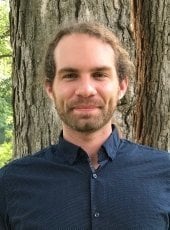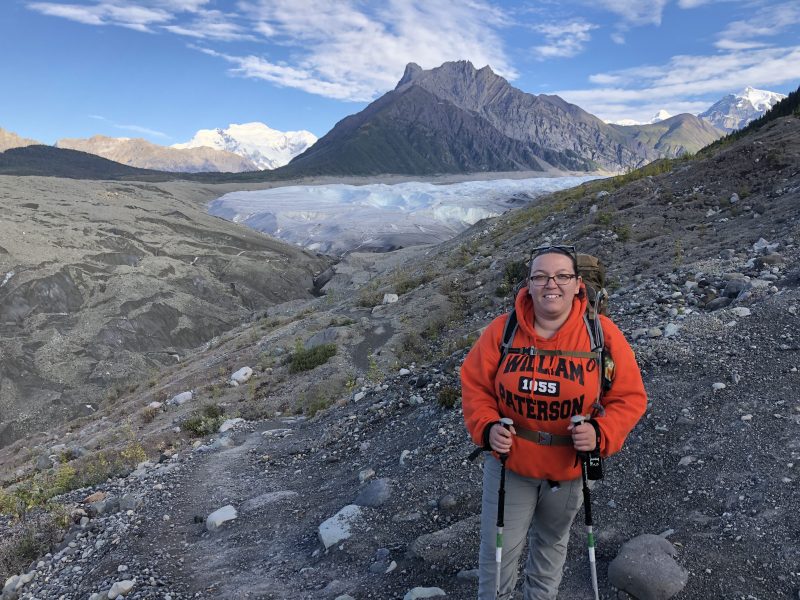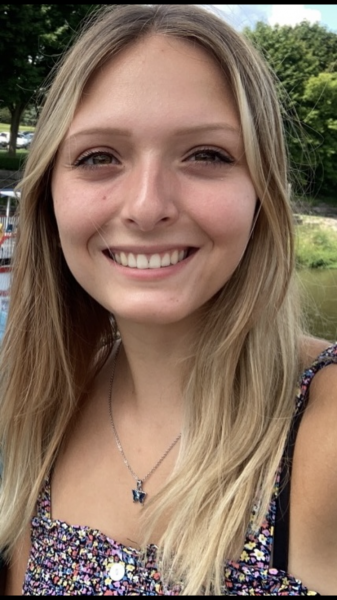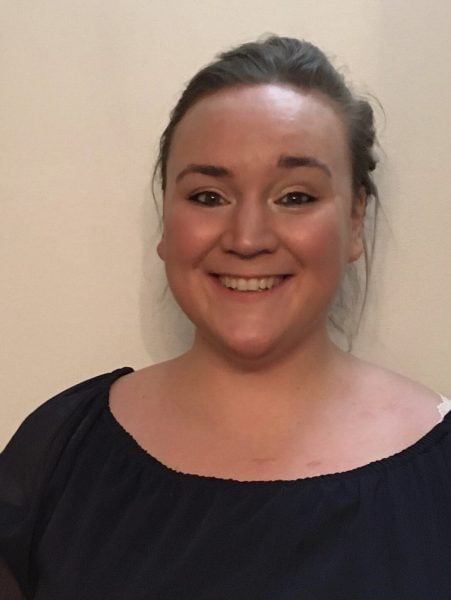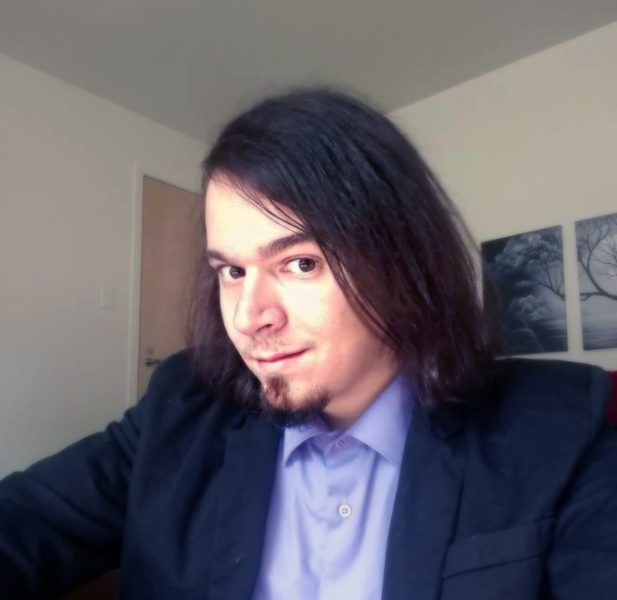I never imagined myself reaching this point. Having given up on college in 2011, I found myself working my way through different management positions across retail. Eternal grateful for the opportunity these jobs had presented for me, they had allowed me to survive well enough. By 2016, I had found the lack of empathy, and cerebral engagement to be a bit too much. In what may have been an impulsive decision, I quit my job and returned to college. I knew I wanted to explore more of what the world had to offer, and to see how I might be able to give back.
I entered a community college and was able to secure my associate degrees by 2017. This enabled me to transfer to the University of Louisville (UofL) and begin pursuing my bachelor’s. I wasn’t certain what direction to go; and initially was determined to go for an engineering degree of some sort. In my first semester at UofL, I took a physics course with a wonderful professor; Dr. David Brown. The manner in which he approached teaching instantly drew my attention. This was what I thought education should have been my first go around. I then decided to major in Physics. That following summer, I was given my first opportunity to be a Teacher’s Assistant; And I was hooked.
I then spent the remainder of my time as an undergraduate being a Teacher’s Assistant of some form. Whether it was instructing a lab or being a resource within the classroom, I found it to be one of the most fulfilling experiences. It was through this process I learned that to teach at the collegiate I would have to go to Graduate school; This had terrified me. I had always struggled with formalized education, and certainly did not believe myself capable of the highest levels of it. I was fortunate though to have mentors to guide me. If it were not for these amazing educators, I would not be here now.
In the spirit of what they taught me, I now continue my education further. Having been accepted into Michigan Tech has been one of the proudest moments in my life. Only to be surpassed by the honor and privilege I feel to have been accepted as a KCP Fellow. With this support, I will be able to accomplish something I only had ever dreamt of as a child. In return, it is only right to give that experience back. As I complete my PhD, I hope to help cultivate a diverse culture at MTU, using my unique experiences to build our community. Afterwards, I hope to become a faculty member and work towards a more comprehensive foundational curriculum; Integrating computation, physics, and mathematics together. In my late career, I’d hope to take an administrative position to further build a more representative student body of the diversity we have in the world.
Sponsored by the King-Chavez-Parks Future Faculty Fellowship from the State of Michigan
